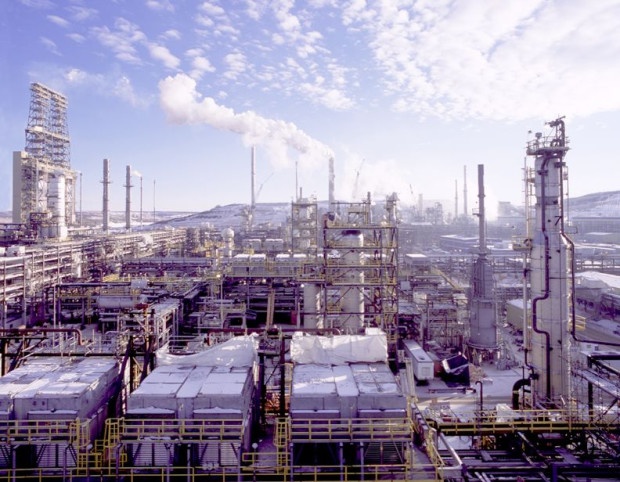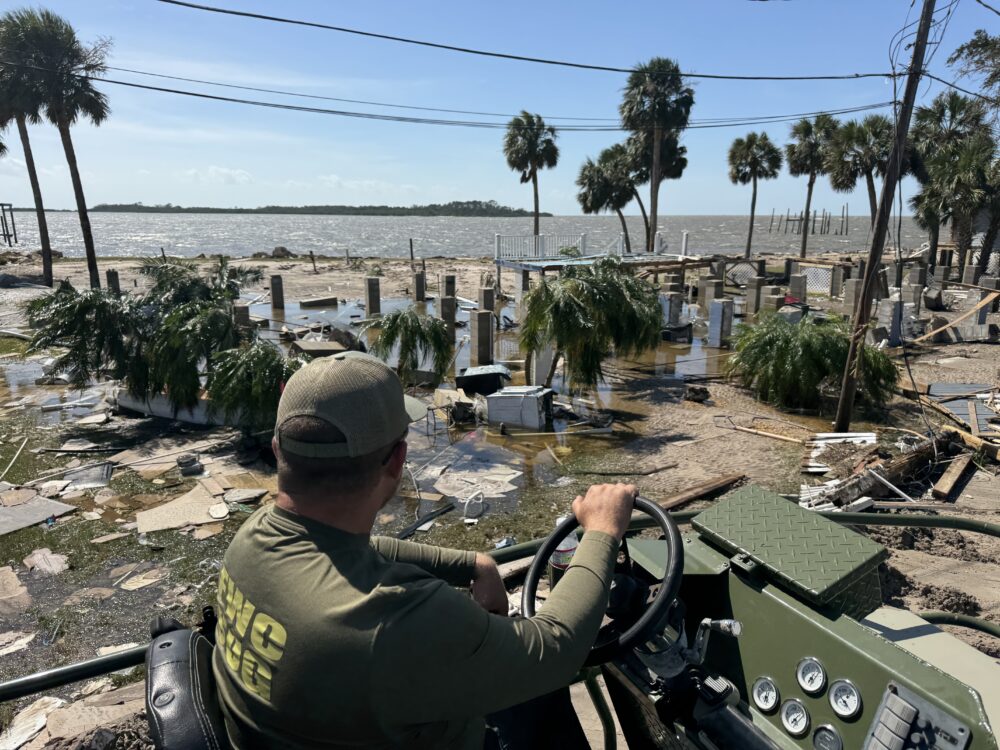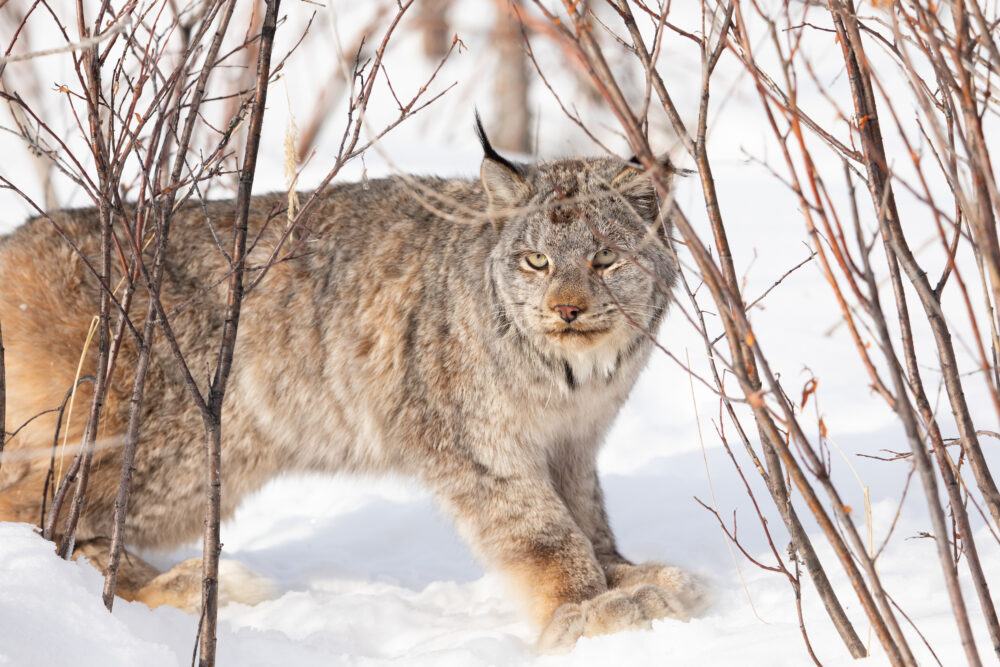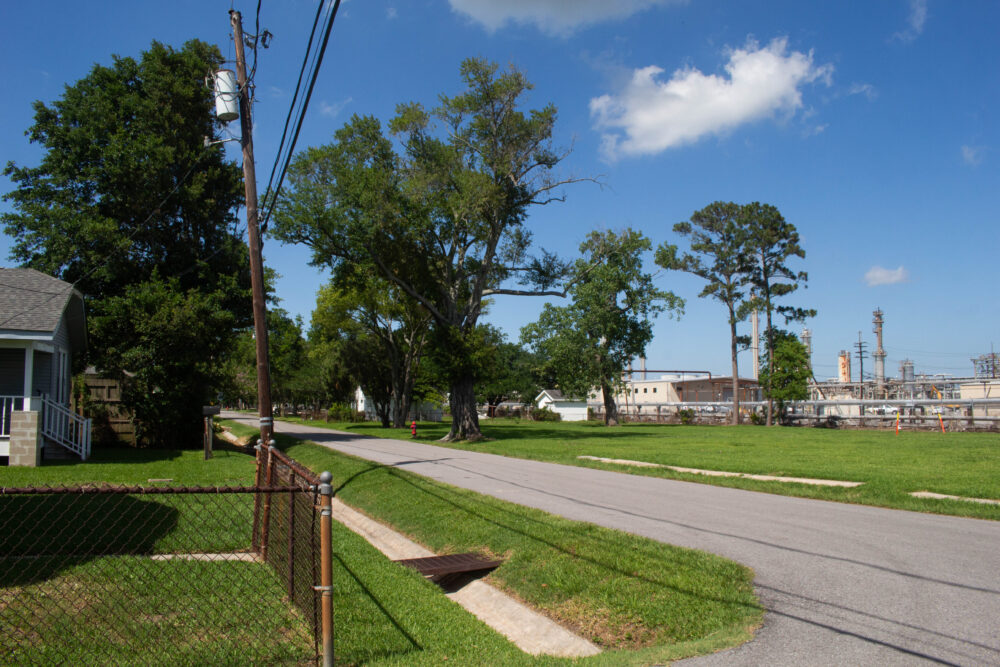We have much more to do and your continued support is needed now more than ever.
Keystone XL – The Linchpin for Future Tar Sands Growth
There’s a reason it’s called the “Keystone” pipeline — the multibillion dollar project is the tar sands industry’s best hope for a dramatic expansion, and without it the rest of their plans start to collapse.

Far from being inevitable, the development of land-locked Canadian tar sands is almost entirely dependent on selling oil beyond North America. As the industry has repeatedly stated, without major infrastructure like Keystone XL giving this product access to world markets, the fragile economics propping up tar sands extraction will begin to crumble. In fact, RBC Dominion Securities recently warned that without Keystone XL, tar sands production growth could be reduced by almost 19 million gallons per day by 2017.
We are already seeing diminished capital investment in the Alberta oil patch due to the high level of uncertainty over the White House’s Keystone XL permitting decision, proving that this particular project is a linchpin for the industry. Other major pipeline proposals face significant legal and political obstacles in Canada, and appear increasingly likely to be stalled indefinitely. Moreover, Keystone is the largest proposal to date, and by itself would support an increase in tar sands production by 36 percent, which makes it a significant driver of climate change even if no other projects move forward.
Here’s what the industry and other experts have to say:
Western Canada’s oil industry faces a serious challenge to its long-term growth. Production growth will become constrained unless more pipeline capacity is built to access new markets.
TD Economics, Special Report – December 17, 2012
If we can’t attract world prices, then we will ultimately curb energy development.
Al Monaco, Enbridge, Inc. CEO – March 7, 2013
We’ve seen a lot of companies based out of Alberta making (spending) decisions that are quite different in the last half of (2012) compared to what they were in the first half of the year…We can no longer continue to rely on oil and gas for 30 per cent of our revenue. It’s a fundamental change.
Alison Redford, Alberta Premier – January 25, 2013
Oil sands projects display some of the highest break-evens of all global upstream projects. The potential for wide and volatile differentials could result in operators delaying or cancelling unsanctioned projects.
Wood Mackenzie, International Energy Research Firm – June 2012
“There’s a lot of that oil out there in the market. There’s plenty of capacity in the Pacific Rim/Asian markets for heavy oil like ours, but it’s not infinite and it’s certainly competitive.” And “If we can get our products into the market in that stream we’re going to be competitive…The equivalent of being late is you have to take a bigger and bigger discount on your product, or switch and start supplying a more higher valued-added product.”
Michal Moore, Professor of Energy Economics at the University of Calgary – February 7, 2013
Access to this crucial [Asian Pacific Basin] market will depend critically on the outcome of the pipeline approval process, and also the cost to ship from Canada. If Canada does not approve of the Pacific coast pipeline expansions, or takes too long in doing so, it could find its crude unable to effectively penetrate the world’s most promising oil export market.
David Hackett, et al., University of Calgary School of Public Policy, “Pacific Basin Heavy Oil Refining Capacity” – February 2013
If you look at the volume projection going out to 2020, you start saying Northern Gateway’s not going to happen, Kinder Morgan’s Trans Mountain will be delayed.
Michael Formuziewich, Portfolio Manager at Leon Frazer & Associates – February 7, 2013
Pipeline capacity out of Western Canada is adequate for the short term, but substantial progress must be made on this front in 2013. Progress, or lack thereof, will have a big impact on sentiment towards Canadian oil producers. We estimate that pipeline capacity out of the Western Canadian Sedimentary Basin could effectively be full in the 2014 time frame, suggesting little room for error/politicking in bringing on new pipeline capacity.
Andrew Potter, CIBC oil and gas equity analyst – December 17, 2012
KXL is likely, therefore, to be moving Canadian bitumen before any of the other major pipeline projects considered in this report. In fact, with KXL in place and operating at capacity, bitumen production could increase substantially and have a major effect on the overall supply/demand situation throughout the North American continent.
Canadian Energy Research Institute – July 2012
Growing conventional oil, including tight oil, and oil sands production has created an urgent need for additional transportation infrastructure. New pipelines, expansions to existing infrastructure and increased transportation by rail are all required to meet this need for capacity. Pipelines continue to be the dominant mode of transportation for crude oil but it takes time for pipeline infrastructure to be built or expanded.
Canadian Association of Petroleum Producers – June 5, 2012
Unless we get increased [market] access, like with Keystone XL, we’re going to be stuck…We’re heading into the same situation with crude oil as we did with natural gas, in that we’re going to hit a wall at some point in time and our production is going to be the one backed out of the system, like natural gas has been backed out of the U.S. system. I think it will have a dramatic impact.
Ralph Glass, Vice-president, AJM Petroleum Consultants – June 8, 2011
If there was something that kept me up at night, it would be the fear that before too long we’re going to be landlocked in bitumen. We’re not going to be an energy superpower if we can’t get the oil out of Alberta.
Ron Liepert, former Alberta Energy Minister – June 8, 2011
It’s fair to say that development has already slowed because of the [price difference between Canadian oil and other benchmarks]. Companies are certainly going to wait and see what the decision on Keystone is before moving ahead with development.
Robert Schultz, Professor of Business at the University of Calgary – March 7, 2013
If President Obama approves Keystone XL, Americans would get all of the risk of a pipeline without any benefits to energy security or gas prices — not to mention the project’s serious implications for climate change and wildlife in Canada and the US. Tell the White House to say NO! to this dangerous and dirty project.
![]() Speak up for wildlife like Woodland Caribou — tell President Obama to reject Keystone XL.
Speak up for wildlife like Woodland Caribou — tell President Obama to reject Keystone XL.





















